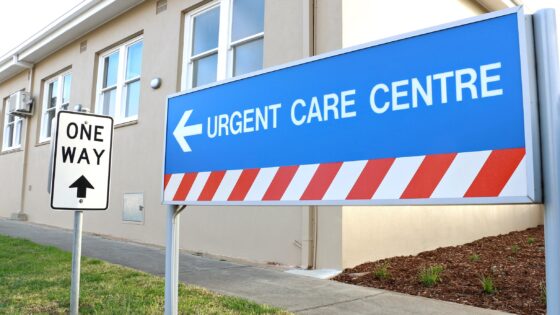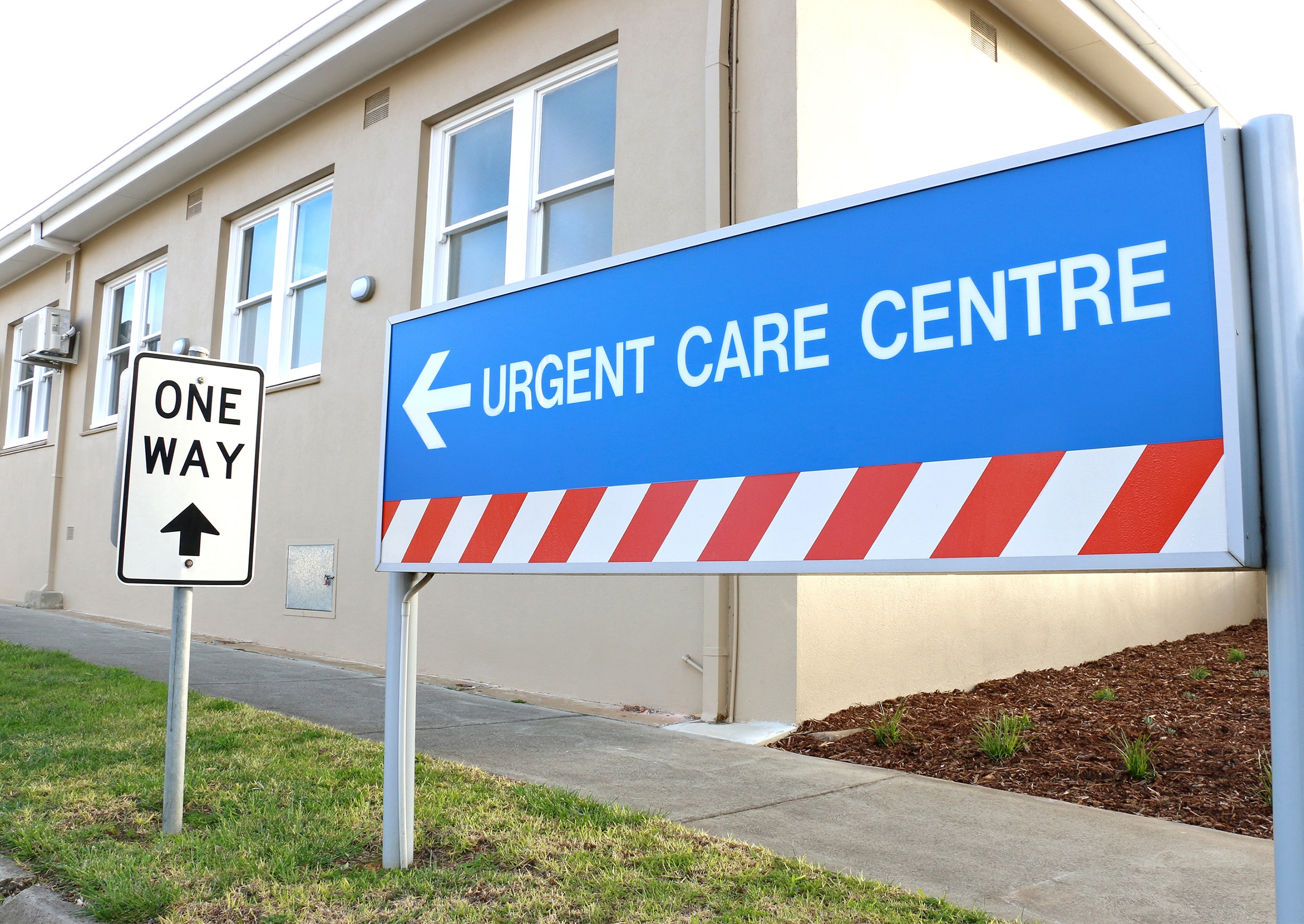
Urgent Care Service Myths Debunked
 Urgent care centers have become an essential part of the healthcare system, offering accessible and convenient medical services when primary care providers are unavailable. However, several misconceptions persist about these facilities, from the scope of services they provide to their costs and wait times. In this blog post, we’ll debunk some of the most common myths about urgent care services and provide factual information to set expectations correctly.
Urgent care centers have become an essential part of the healthcare system, offering accessible and convenient medical services when primary care providers are unavailable. However, several misconceptions persist about these facilities, from the scope of services they provide to their costs and wait times. In this blog post, we’ll debunk some of the most common myths about urgent care services and provide factual information to set expectations correctly.
Myth 1: Urgent Care Centers Only Treat Minor Ailments
Fact: Urgent care centers are equipped to handle a wide range of medical conditions that require immediate attention but are not severe enough to warrant a visit to the emergency room (ER). These conditions include, but are not limited to:
- Fractures and Sprains: Many urgent care centers offer X-ray services to diagnose and treat minor fractures and sprains.
- Infections: Conditions like urinary tract infections, ear infections, and strep throat can be diagnosed and treated.
- Minor Cuts and Burns: Urgent care centers can provide stitches, wound care, and treatment for minor burns.
For more detailed information on the services provided, you can visit this resource1.
Myth 2: Urgent Care is Expensive
Fact: While costs can vary depending on the location and specific services required, urgent care visits are generally more affordable than ER visits. Many insurance plans cover urgent care services, often with lower copayments compared to emergency room visits. Additionally, urgent care centers often provide transparent pricing for those paying out-of-pocket.
For a comparison of costs between urgent care and emergency room visits, check out this article from Healthline2.
Myth 3: Wait Times at Urgent Care are Just as Long as the ER
Fact: One of the main advantages of urgent care centers is shorter wait times. According to the Urgent Care Association, the average wait time at an urgent care center is less than 30 minutes, and most patients are treated in less than an hour3. This is significantly quicker than the typical wait time in emergency rooms, where patients often experience longer waits due to the prioritization of more severe cases.
Myth 4: You Need an Appointment for Urgent Care
Fact: Urgent care centers are designed to accommodate walk-in patients, making them a convenient option for those who need immediate medical attention. While some centers offer the option to schedule appointments online to reduce wait times even further, it is not a requirement.
For more information on how urgent care centers operate, you can refer to this guide4.
Myth 5: Urgent Care Centers Don’t Have Qualified Medical Staff
Fact: Urgent care centers are staffed by qualified healthcare professionals, including doctors, nurse practitioners, and physician assistants, many of whom have extensive experience in emergency medicine or family practice. These professionals are capable of providing high-quality care for a variety of urgent health issues.
For more details on the qualifications of urgent care staff, visit Mayo Clinic’s page on urgent care5.
Myth 6: Urgent Care Centers Can’t Handle Pediatric Cases
Fact: Many urgent care centers are equipped to treat children and have pediatric-trained staff. They can handle common pediatric issues such as ear infections, minor injuries, and respiratory illnesses. Some centers even have designated pediatric urgent care units.
For more information on pediatric urgent care, you can read this article6.
Conclusion
Urgent care centers play a vital role in providing timely and accessible healthcare. By debunking these common myths, we hope to clarify the capabilities and benefits of urgent care services. Whether you need treatment for a minor injury, an infection, or another non-life-threatening condition, urgent care centers offer a convenient and cost-effective solution. Always remember to check with your local urgent care center for specific services and insurance coverage to ensure you receive the best possible care.
To learn more about Family First Urgent Care visit www.familyfirsturgentcareconroe.com or call
Footnotes
- Cultural Competency in Urgent Care: Providing Inclusive Patient Care - April 11, 2025
- Key Facts About Hormone Replacement Therapy and Women’s Wellness - March 24, 2025
- Urgent Care for the Elderly: Specialized Services for Senior Patients - March 24, 2025



